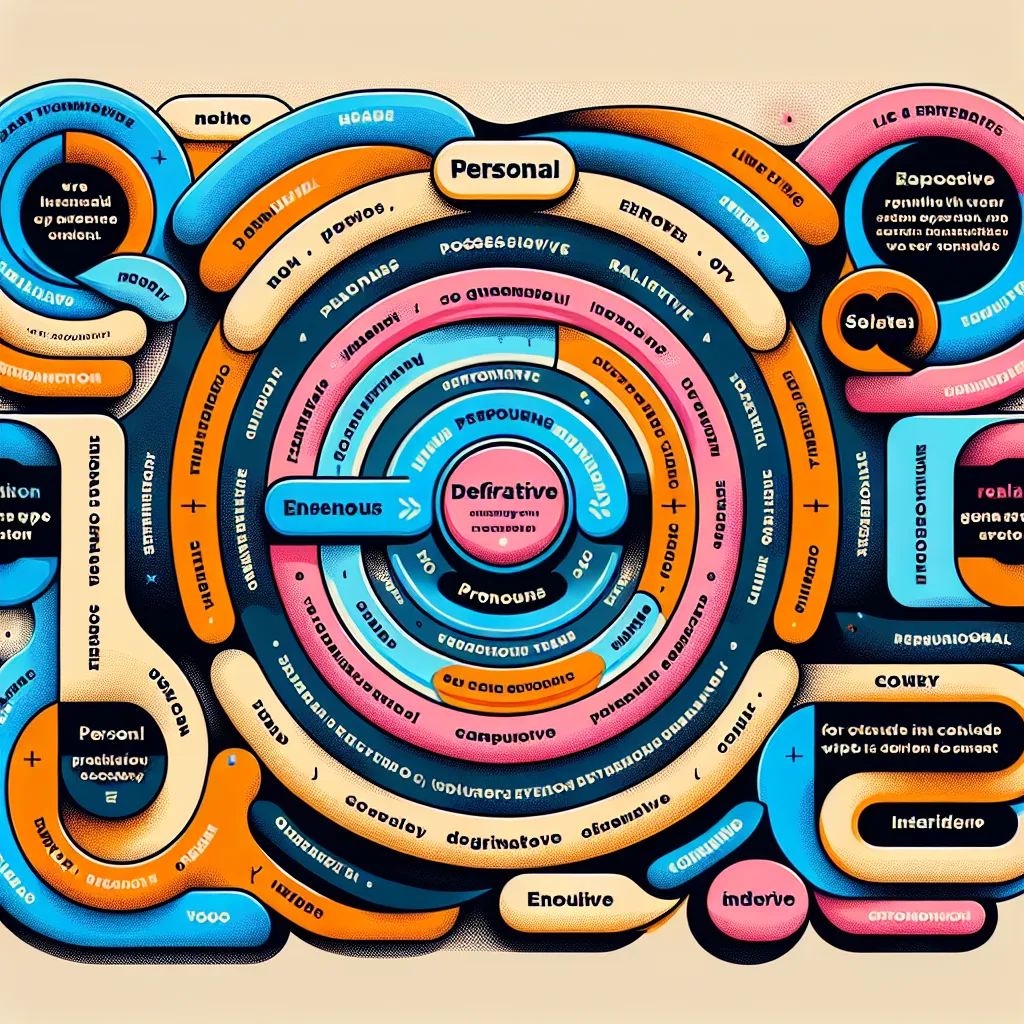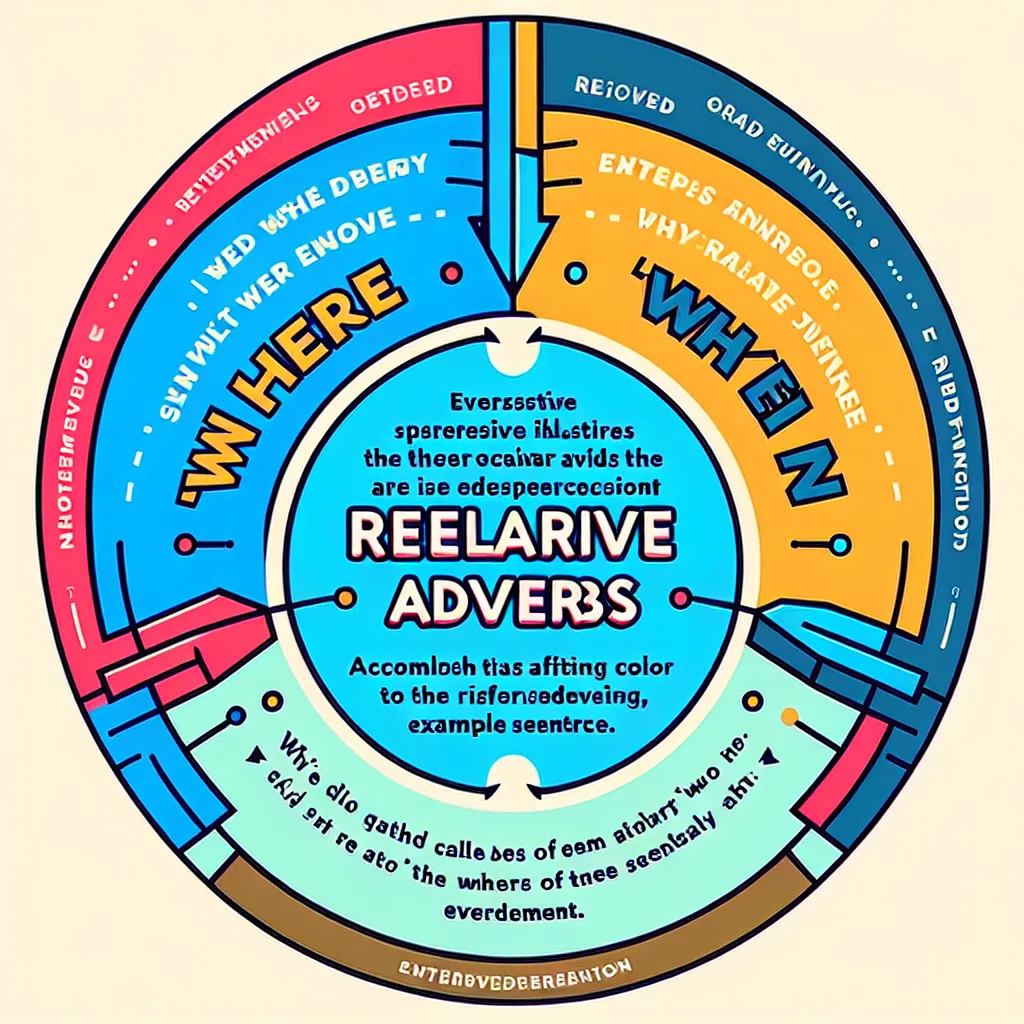Learning English grammar can be a challenging yet rewarding endeavor. Whether you’re a beginner or an advanced learner, having effective strategies in place can significantly enhance your progress. In this comprehensive guide, we’ll explore the best strategies for mastering English grammar, providing you with practical tips and insights to boost your language skills.
Understanding the Importance of English Grammar
Before diving into strategies, it’s crucial to understand why grammar is essential in language learning. Grammar forms the foundation of clear communication, allowing you to express ideas accurately and comprehensibly. It’s not just about following rules; it’s about effectively conveying meaning and nuance in your speech and writing.
 Importance of English Grammar
Importance of English Grammar
The Role of Grammar in Language Proficiency
Grammar plays a vital role in all aspects of language use:
- Speaking: Proper grammar helps you articulate your thoughts clearly.
- Writing: It ensures your written communication is professional and easy to understand.
- Listening: Understanding grammar structures aids in comprehending spoken English.
- Reading: Grammar knowledge enhances your ability to interpret written texts accurately.
Best Strategies for Learning English Grammar
Now, let’s explore some of the most effective strategies to improve your English grammar skills.
1. Immerse Yourself in English
One of the best ways to internalize grammar structures is through immersion. Surround yourself with English as much as possible:
- Watch English movies and TV shows with subtitles.
- Listen to English podcasts and radio programs.
- Read English books, newspapers, and online articles.
This exposure helps you observe how grammar is used in real-life contexts, making it easier to understand and remember.
2. Practice Regularly with Exercises
Consistent practice is key to mastering grammar. Incorporate these activities into your daily routine:
- Complete grammar exercises in textbooks or online resources.
- Use language learning apps that focus on grammar drills.
- Write short essays or journal entries to apply grammar rules.
Regular practice reinforces your understanding and helps you identify areas that need improvement.
3. Learn Grammar in Context
Instead of memorizing isolated rules, focus on learning grammar in context. This approach helps you understand how grammar functions in real communication:
- Study example sentences and passages that demonstrate specific grammar points.
- Analyze the grammar used in authentic materials like news articles or literature.
- Practice using new grammar structures in your own sentences and conversations.
4. Use Mnemonic Devices
Mnemonic devices can be powerful tools for remembering grammar rules:
- Create acronyms for complex rules (e.g., FANBOYS for coordinating conjunctions: For, And, Nor, But, Or, Yet, So).
- Use rhymes or songs to memorize irregular verb forms.
- Develop visual aids or mind maps to illustrate grammar concepts.
These techniques make grammar more engaging and easier to recall.
 Mnemonic Devices for Grammar
Mnemonic Devices for Grammar
5. Utilize Technology and Online Resources
Take advantage of the wealth of online resources available for grammar learning:
- Use grammar checkers to identify and correct errors in your writing.
- Explore interactive grammar websites and video tutorials.
- Join online forums or language exchange platforms to practice with native speakers.
For more information on helpful tools, check out our article on what are the best tools for checking English grammar mistakes.
6. Focus on One Grammar Point at a Time
Trying to learn multiple grammar concepts simultaneously can be overwhelming. Instead:
- Choose one grammar point to focus on for a week or two.
- Study its rules, practice using it, and observe how it’s used in various contexts.
- Move on to the next concept only when you feel confident with the current one.
This targeted approach allows for deeper understanding and retention of each grammar point.
7. Learn from Your Mistakes
Mistakes are a natural part of the learning process. Embrace them as opportunities for growth:
- Keep a grammar journal to record errors you frequently make.
- Analyze why you made each mistake and how to correct it.
- Review your journal regularly to reinforce your learning.
For tips on improving your grammar in writing, visit our guide on how do I improve my grammar when writing emails.
8. Engage in Conversations
Practical application is crucial for solidifying your grammar knowledge:
- Participate in English conversation groups or language exchange programs.
- Practice using specific grammar structures in real conversations.
- Ask native speakers or teachers for feedback on your grammar usage.
9. Create a Grammar Portfolio
Developing a personal grammar portfolio can be an effective way to organize your learning:
- Compile examples of each grammar rule you learn.
- Include your own sentences using these rules.
- Add notes on common mistakes and how to avoid them.
This method helps you track your progress and serves as a valuable reference tool. Learn more about this approach in our article on how to learn English by creating language portfolios.
Common Pitfalls to Avoid
While learning English grammar, be aware of these common mistakes:
- Overreliance on translation: Try to think in English rather than translating from your native language.
- Neglecting spoken practice: Balance written exercises with speaking practice.
- Ignoring context: Remember that grammar rules can vary depending on the context and register of communication.
- Becoming discouraged by complexity: Some grammar points, like conditionals, can be challenging. Take your time and practice consistently. For help with conditionals, see our guide on how do I master the use of conditionals in English.
Next Steps in Your Grammar Journey
As you progress in your grammar learning:
- Set specific grammar goals for yourself (e.g., mastering all tenses within six months).
- Take practice tests to assess your progress regularly.
- Challenge yourself with more advanced grammar concepts as you become comfortable with the basics.
- Consider working with a tutor or joining an English language course for structured learning.
Remember, improving your grammar is an ongoing process. Be patient with yourself and celebrate your progress along the way.
Conclusion
Mastering English grammar is a journey that requires dedication, practice, and the right strategies. By immersing yourself in the language, practicing regularly, learning in context, and utilizing various resources and techniques, you can significantly enhance your grammar skills. Remember to focus on one concept at a time, learn from your mistakes, and apply your knowledge in real-world situations. With consistent effort and the strategies outlined in this guide, you’ll be well on your way to becoming proficient in English grammar.
We encourage you to experiment with these strategies and find the combination that works best for you. For more tips on improving your overall English language skills, including sentence structure, check out our article on tips for better English sentence structure. Keep practicing, stay motivated, and watch your grammar skills flourish!




